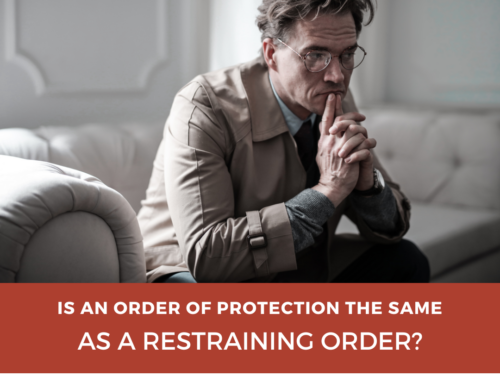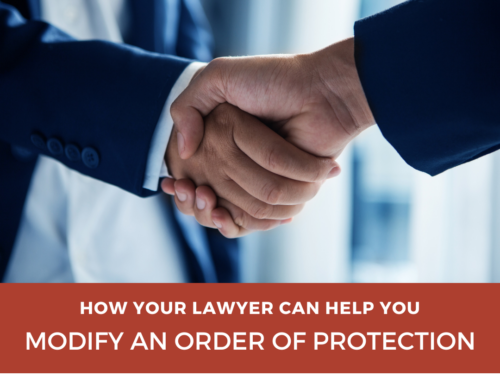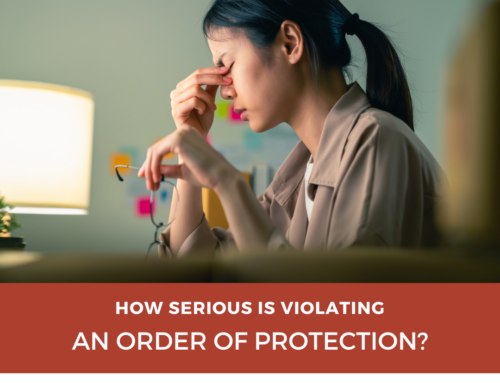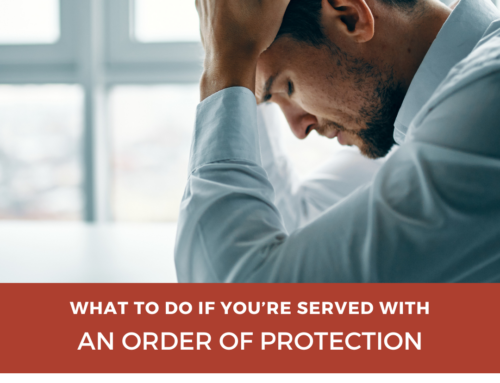If someone has gotten a domestic violence order of protection against you, you may want to talk to an attorney – an order of protection can seriously limit the things you’re allowed to do, as well as force you to do certain things.
Here’s what you need to know.
Domestic Violence Orders of Protection
The courts can issue domestic violence orders of protection against a person when the alleged victim is a:
- Blood-related family member
- Current spouse
- Ex-spouse
- Current roommate
- Former roommate
- Parent of a shared child
- Blood-related parent of a child
- Current fiancé
- Former fiancé
- Current boyfriend or girlfriend
- Former boyfriend or girlfriend
- Person with a disability who is assisted by a caretaker
In order for the courts to issue an order of protection against you, the alleged victim – who could fall into any of the relationship categories listed here – must go to court and claim that you did something abusive.
What Can a Domestic Violence Order of Protection Do?
A domestic violence order of protection can prohibit you from certain activities (stop you from doing some things) or order you to do certain things.
Prohibitions
These orders of protection can require you to stop doing things like:
- Seeing your children
- Going home, even if it’s just to get a few of your belongings
- Possessing your own firearms, even if you have a valid FOID
- Going near the alleged victim
- Seeing your own kids’ records (medical, school or other records)
- Selling your own property
- Threatening or abusing the alleged victim
- Talking to certain people
- Other things the judge feels are necessary
Requirements
In addition to the prohibitions a judge can order as part of a domestic violence order of protection, the judge in your case might order you to do certain things, like:
- Go to anger management counseling (or another type of counseling)
- Appear in court
- Turn in your firearms to law enforcement
- Give personal property to the alleged victim
- Other actions that the judge feels are necessary
What to Do if Someone Gets an Order of Protection Against You
If someone gets an order of protection against you, call us right away at 847-920-4540 – especially if you’re facing domestic battery or aggravated domestic battery charges, too. We’ll answer all your questions and help you start moving forward on the right path.







Leave A Comment
You must be logged in to post a comment.